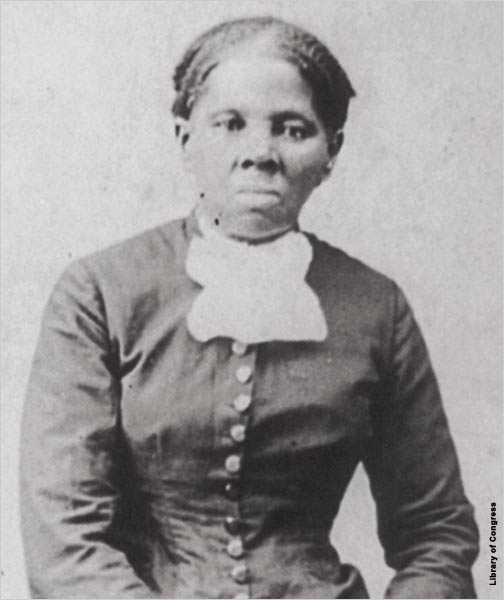Andrew Jackson to be replaced on the $20 bill

May 9, 2016
Harriet Tubman is set to replace our seventh president, Andrew Jackson, on the front of the $20 bill. An anti-slavery activist, Tubman was responsible for leading hundreds of slaves to freedom during the 19th century. Changes will also be made to the $10 and $5 bills.
Andrew Jackson’s involvement in the forced relocation of thousands of Native American people in the Trail of Tears, and his ownership of hundreds of slaves, has taken him from national hero to a symbol of prejudice. Because of this horrific history, Harriet Tubman replacing him on the $20 bill has been met with little to no criticism. However, Jackson will not be fully removed from the bill. He will now be visible on the back, and his image will be smaller. This decision has been met with backlash. Putting a slave owner on one side, and a woman who was born into slavery on the other, sends a mixed message.
Tubman was originally set to replace founding father Alexander Hamilton on the $10 bill, but this was largely protested after “Hamilton,” the Broadway production about the life of Alexander Hamilton, has met success. Therefore, it was decided to keep Hamilton on, but replace the image of the U.S. Treasury on the back of the bill. Now there will be images of women’s rights activists including Sojourner Truth, and Susan B. Anthony. There would also be a depiction of a women’s rights march on the back of the bill.
The $5 bill, featuring President Abraham Lincoln on the front, and the Lincoln Memorial on the back, will also be changed. The back will now have images of civil rights activists, like Dr. Martin Luther King Jr. and Eleanor Roosevelt. The Lincoln Memorial will now be the background for the performance of Marian Anderson in 1939, a singer denied access to the segregated Constitution Hall. The image of Lincoln on the front will remain unchanged.
These new designs have already been approved enthusiastically by President Barack Obama. With the election coming up, these changes could still be vetoed, although this is unlikely considering the popularity of this idea. In the meantime, the bills are set to be in general circulation by the year 2030.









